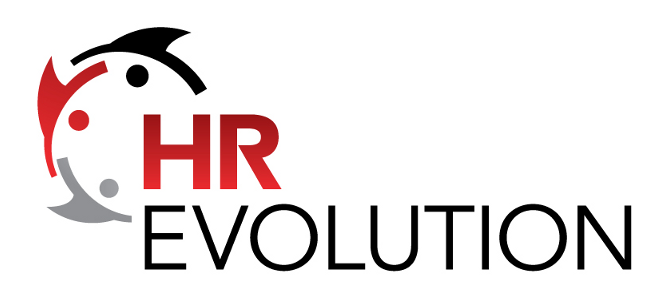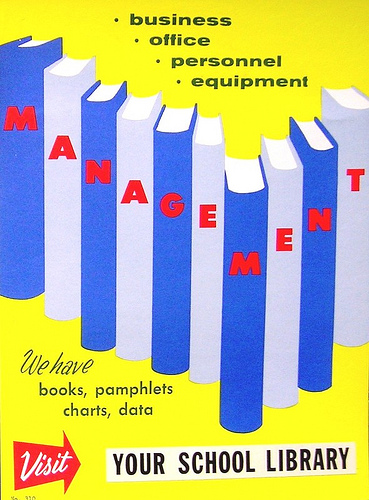More on Collaboration (I know, you're bored too)
Last week on the HR Happy Hour show, Jon Ingham from consultancy Social Advantage, and Matt Wilkinson from Enterprise Collaboration Technology vendor Socialcast joined us on the show to talk about HR and Collaboration, and more specifically the approach to and importance of technology in organizational initiatives to enhance and improve collaboration, innovation, co-creation, and likely several other important sounding words ending in '-tion'.
It was an interesting and informative show, but while looking back on some of the comments in the #HRHappyHour Twitter backchannel, and then upon reading this post today from Laurie Ruettimann on The Cynical Girl blog I think that perhaps we did not really do a good enough job making the case (as our guests certainly believe), that not only is enterprise collaboration fast becoming a critical concern and initiative for many organizations today, but that HR is uniquely positioned to be the key leader and driver in the organization for these projects. I know that on the Happy Hour show the core audience are not tech geeks, and that doing shows too focused on specific technologies will unleash the snarky comments on the backchannel faster than dropping the 'seat at the table' reference. But since I believe strongly in the importance and potential of these technologies, I am going to try to give the HR professional three compelling (I hope) reasons you should care about these technologies (while trying not to talk about technology). 
Failing that, I will revert to the 'Because I said so' line of reasoning.
Reason 1 - Twenty Years of Change
The last major change in organizational collaboration technology was the introduction of individual email accounts and widespread access in the early 1990's. Since then, for the vast majority of mature enterprises, email remains the dominant tool used for almost all types of workplace collaboration. And it is an awesome tool, the first and perhaps only 'killer app'. Despite tremendous (and recent) advances in email capability by public and free email providers (Google, Hotmail, Yahoo), the email application and service that most knowledge workers utilize at work isn't tremendously different or superior to the 1992 model.
Almost everything else about work, the organization, the nature of the global economy, the demands of the worker, the modern attitudes, technical ability, and expectations of the newest entrants to workforce has changed. The need to adapt, to create and organize, to source information and expertise from the extended enterprise, and to develop new ideas and innovations faster than ever before are all real organizational challenges, and increasingly the anchor of email as the primary or sole collaboration tool to meet these challenges is seemingly more and more unsustainable.
How much stuff have you kept around since 1992? Besides your plumber. Good plumbers are like gold.
Reason 2 - It is happening already, probably without you
Whether it is rogue departments that seek out new and better IT solutions that are currently available and are 'officially' sanctioned, or leveraging external and public networking technologies liked LinkedIn, the shift inside enterprises towards more collaborative and open technologies is begun. And for a time, and perhaps for just a bit longer, the classic IT and HR reactionary response from the 'block/control/write a policy' playbook will no longer serve the interests of most organizations. In fact, CIO's at large companies seem to already have started to come to this conclusion, witness the growth of the IT-dominated Enterprise 2.0 conferences and the recent observations from industry leader Andrew McAfee about E2.0 beginning to go mainstream.
Reason 3 - Get that seat, place, position... Dang it - help deliver results to the C-suite
In her piece Laurie notes, correctly I think, that the 'business leaders hate HR Technology more than HR itself'. Which is probably accurate when HR Technology is viewed through a lens of compliance, administration, and policy enforcement. If all HR Technology delivers is accurate Payroll results every two weeks and on-time affirmative action reporting (while both necessary), then I don't blame the C-suite from getting bored by the whole thing. Time and attendance systems simply aren't sexy.
But these new enterprise collaboration technologies are much more about creativity than compliance, and designed to better connect people with ideas, content, and more importantly, each other. These tools are meant to support the generation of new ideas, to allow the entire organization to participate across locations and time zones, and to enable the organization to more rapidly find, surface, and validate innovative ideas and the people best positioned to act upon these ideas. The reason these technologies are exciting are mainly because they are not traditional HR Technologies at all. So when you as an HR leader decide to pitch or promote these tools, you are 'selling' the ability to deliver results, to address business issues, and to squeeze more out of less.
Ok, I am done - there's three reasons why this stuff matters to HR.
And if I did not manage to convince you, well then - these tools matter Because I said so!

 Steve
Steve

